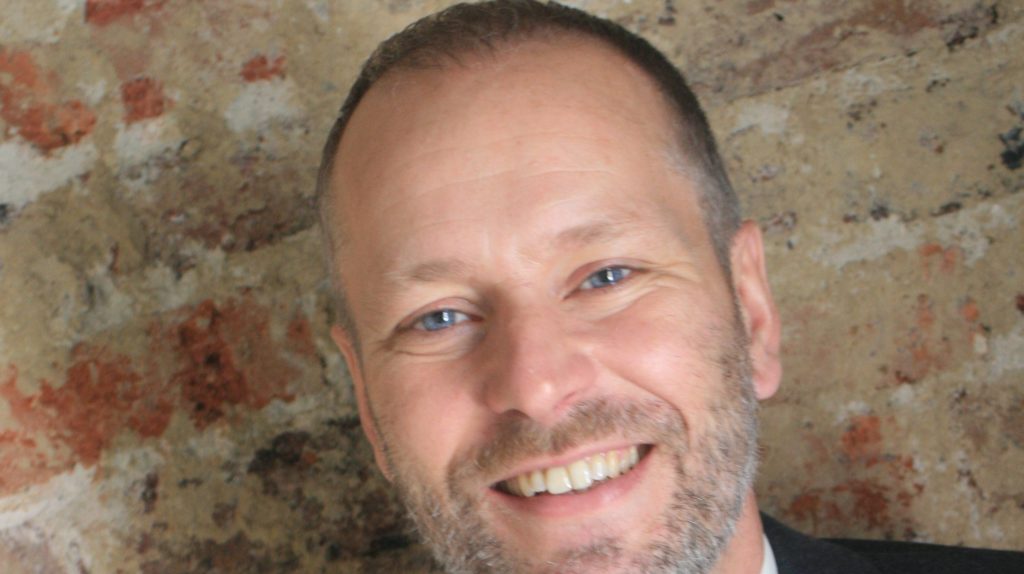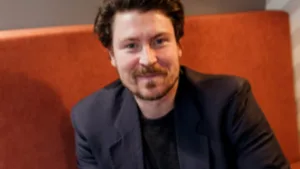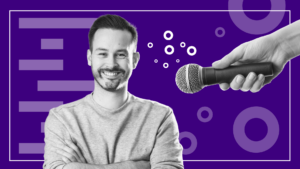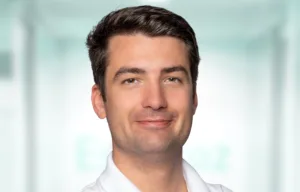In NDA’s Interviewing the Interviewers series, we caught up with some of the best interviewers in our industry, from journalists to independent content creators, turning the tables to find out what makes them tick.
Jez Walters is Editor at What’s New in Publishing. With over thirty-years experience in the advertising, marketing and publishing industries, he has edited WNIP since 2012 with a focus on how publishers can prosper at a time of profound tech disruption.
What is your biggest hope and your biggest fear for the publishing industry in 2019?
Google and Facebook control 60% of U.S. ad spend and it’s a similar picture in Europe. My biggest hope is that publishers can continue to claw back some of these lost billions through other, diversified revenue streams.
My biggest fear is that the Western economies go into a synchronised recession, piling even more pressure on beleaguered publishers. Many of the imbalances that led to the ‘08 financial crash haven’t been corrected and if anything have got significantly worse, especially in terms of corporate and sovereign debt.
When the system blows, and it will imminently, hold onto your hats. Only the very strongest publishers – those with healthy balance sheets, strong cash flow and diversified revenue streams – will survive.
What was your biggest personal industry highlight of 2018?
The PPA’s MagFest in Edinburgh was a real highlight. Superbly organised, in a wonderful setting, some of the presentations will remain with me for a long time. Mike Soutar, ex-Chairman and Founder of Shortlist Media, gave one of the best presentations on how to build a dynamic and successful publishing brand I have ever heard. The next MagFest is in just over a month’s time and I’d highly recommend it.
I am also very fond of Scotland – my middle name is Ross and I belong to the Ross Clan, so visiting Scotland always means a lot to me (even though I’m Welsh!). I love the place.
Who was the most inspirational person you interviewed in 2018 and why?
GroupM hosted an informal roundtable event which included the FT’s Commercial Director, Jon Slade. It wasn’t a solo interview, but Jon was very open and insightful on a number of publishing topics.
When he disclosed that the FT had stopped advertising on Facebook and the effect was negligible, I knew we’d just been handed a big scoop.
What one technology are you most excited about this year and why?
We’re at a golden time of tech innovation within publishing. There is so much going on behind the scenes it can take your breath away. Whether I’m ‘excited’ by the Press Association and Urbs Media’s RADAR project is a moot point, but it’s very interesting automated tech, and certainly working for the regional and local newspapers using it. And they need all the help they can get.
What I would say, is that we write about new publishing tech every week, and the level of innovation in the space is really strong. There are some incredibly bright people doing incredibly bright things.
What was your favourite digital experience of 2018?
Melody VR. It’s a virtual reality platform that streams live gigs via VR headsets and also mobile devices. Ben Dawson, VR Director, has taken the technology to another level — for example, you could sit in a cottage in Cornwall and attend the recent Wireless Festival in Finsbury Park as if you were there in person.
What’s more, the 10 or so viewpoints meant you could switch from side of stage, to backstage, to front of house with a flick of a button. It’s the future of music and that was definitely my digital highlight of 2018.
What is the buzzword or phrase you’d like to ban forever?
Shuttered. When I attended English Literature classes in school, I’d have been given detention for writing ‘shuttered’. Now, if I’m given any piece of content with the word ‘shuttered’, I politely enquire what was wrong with the word ‘shut’.
Who’s the one industry figure you’d most like to interview you yet haven’t?
There are too many people to name. But if you were to press me, an hour spent interviewing Vogue’s Anna Wintour at Claridge’s would fit the bill.
I say Claridge’s only for the simple reason that I don’t think she’s going to meet me in Starbucks! She is an industry icon and has just been given the additional title of Global Content Advisor for Condé Nast.
How could someone persuade you to interview them and what would put you off completely?
Approach me courteously and with respect, and I’ll certainly return the favour. What puts me off is an approach that demonstrates the opposite.









